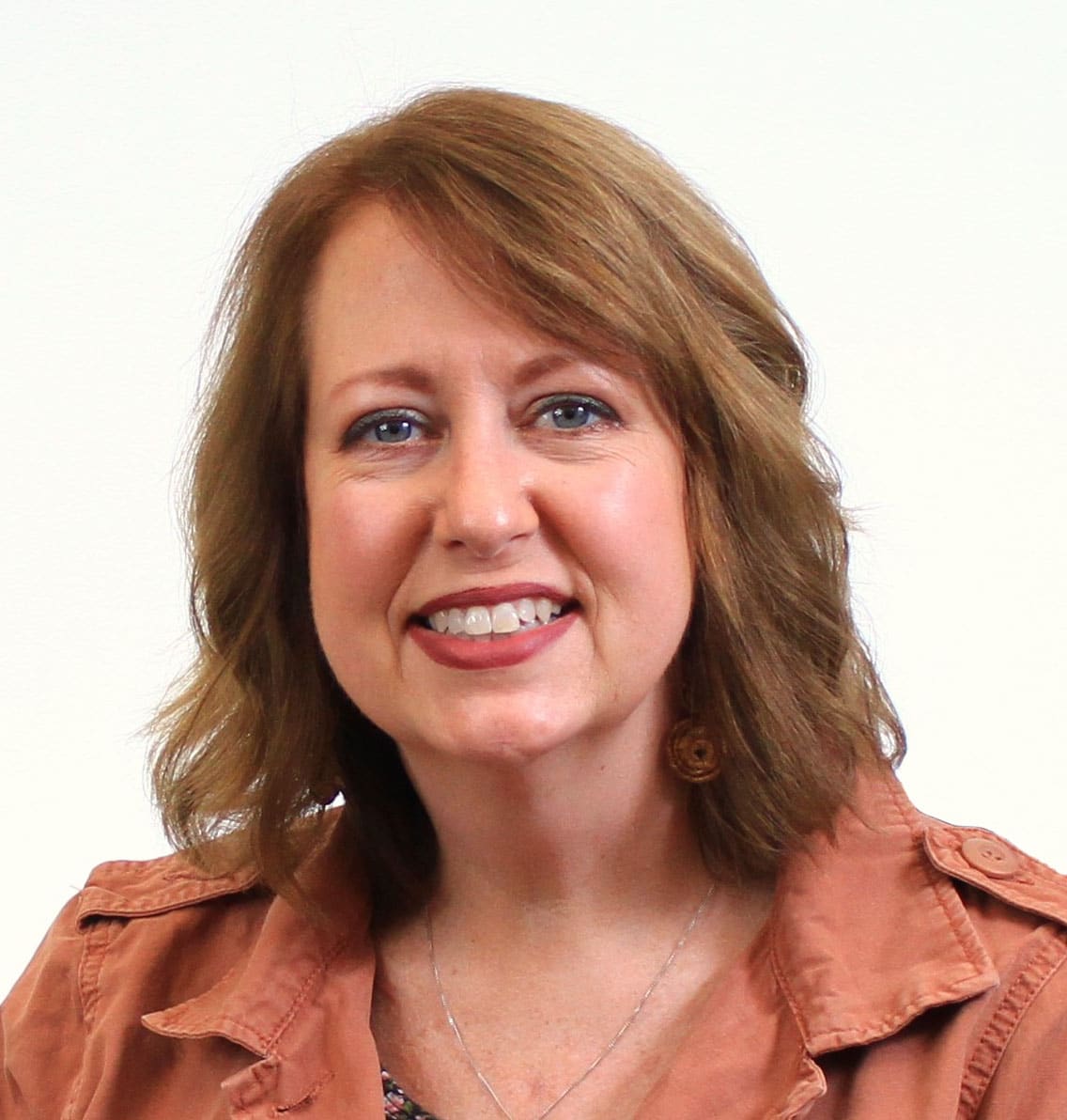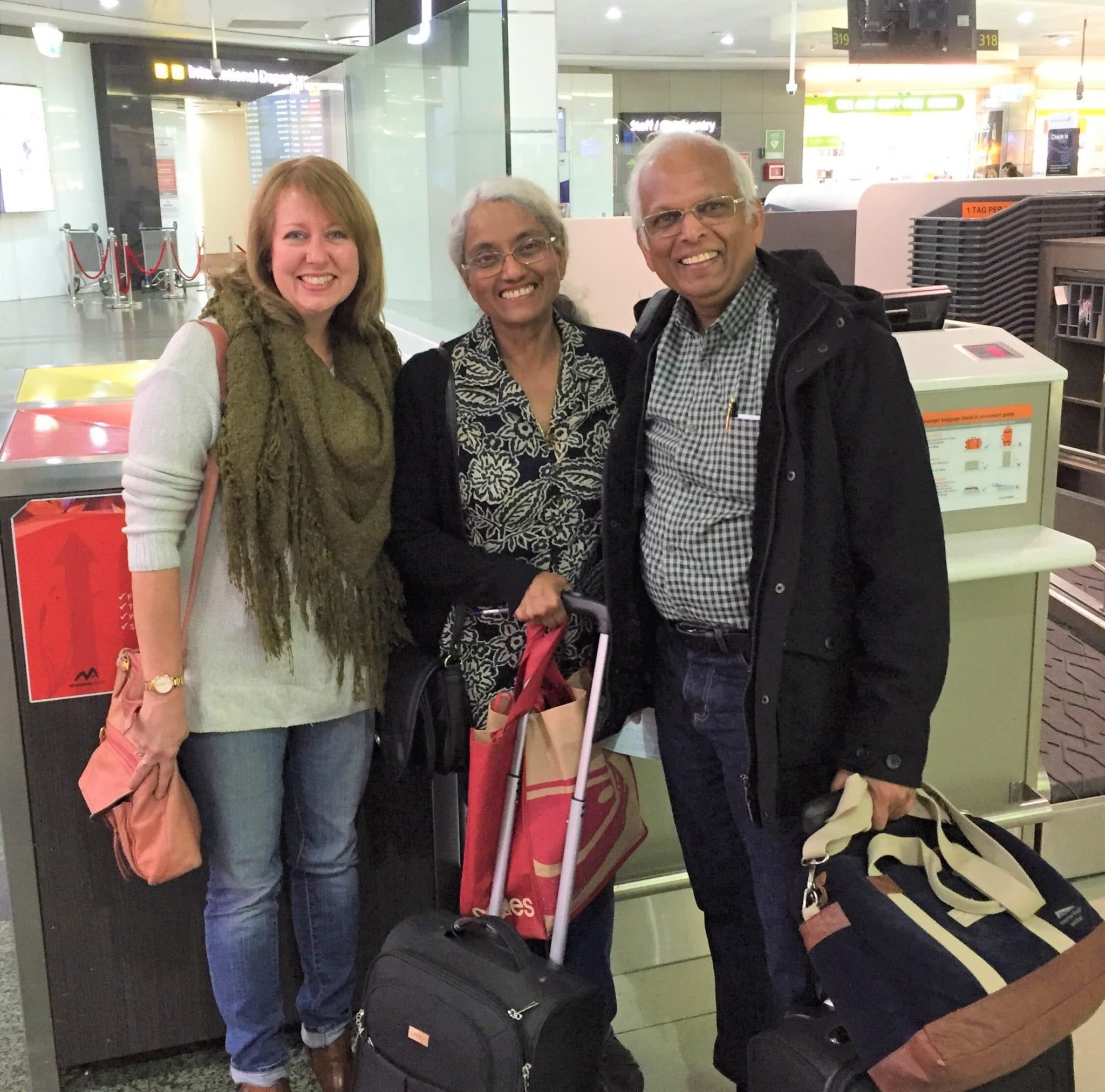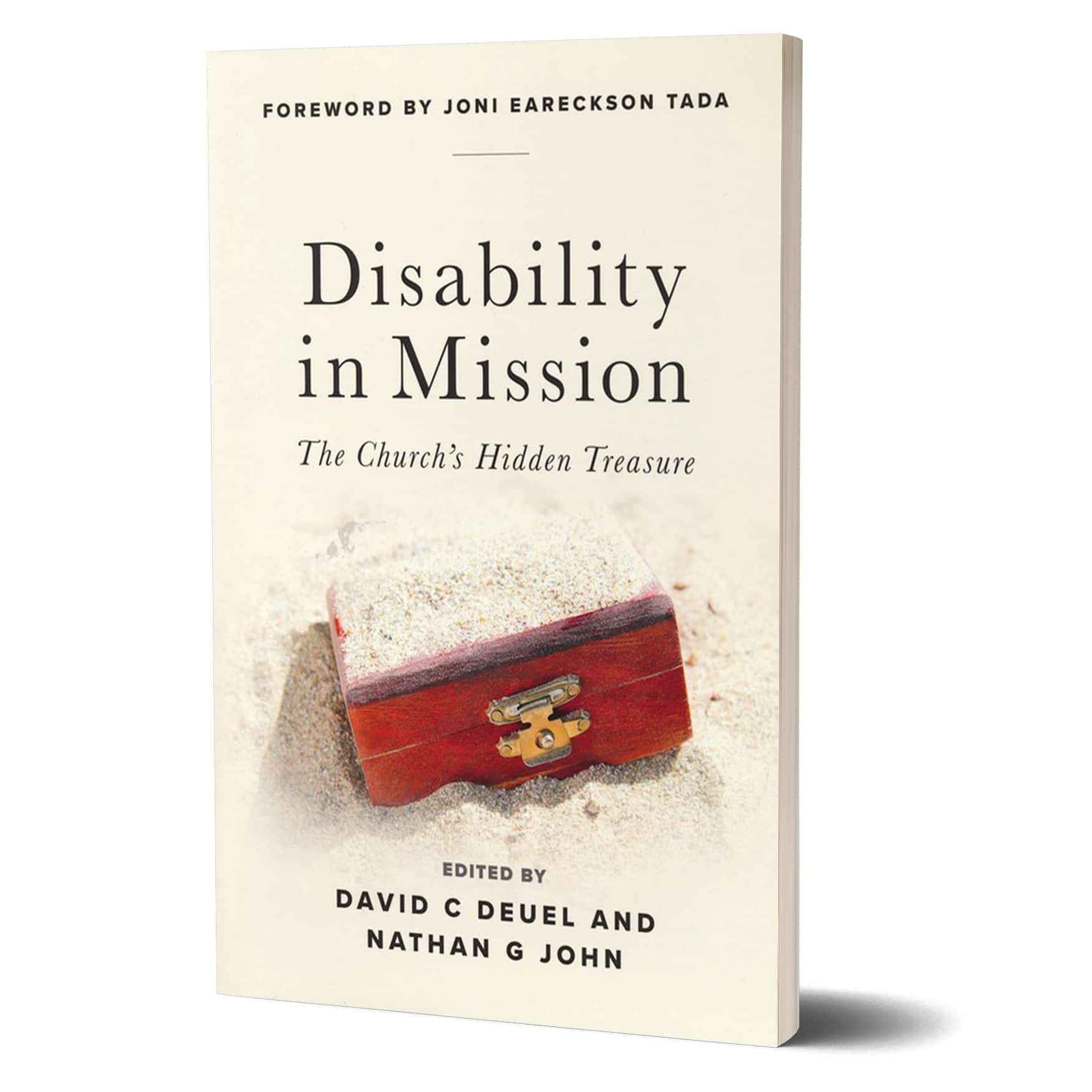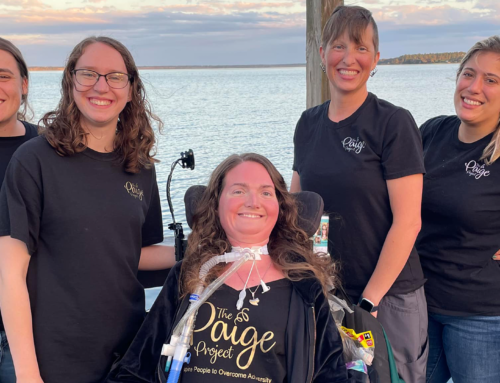Member Care Supports People With Disabilities on Mission
In past decades, few individuals or families living with disabilities could go to the mission field, even if they felt called by God to do so.
Such closed doors were heartbreaking. Today, while airline travel can still pose obstacles for those needing wheelchair assistance, advances in areas such as technology and in governmental as well as missional policies have opened doors for those with disabilities. One key support has come through intentional member care.

We have asked Deanna Richey, Member Care Specialist/Consultant, to answer some questions about member care, especially as it relates to the state of today’s Disability in Mission.
In this Q&A format, Richey shares insights from a place of extensive experience and understanding.
It is heartening to know mission agencies are now more concerned about one’s character and theology than about difficulties stemming from disabilities.
Q: I understand that you have been a “preventative member care practitioner” for a large mission agency. Can you expound on what that means and why you feel it is important?

While early member care recognized these trends, it focused on what I like to call “hugging missionaries.” Today’s preventative practice has identified the important elements that improve worker and ministry outcomes as part of good stewardship in mission. This involves careful screening and placement, as well as improved preparation, which research has helped us identify as keys to best practice.
I am passionate about seeing all of those God calls into mission properly equipped, prayerfully placed, and set free to practice their skills and gifts, serving others globally.
Q: When you mention careful screening and placement, it suggests there may be those you eliminate from sending. Would this include workers with disabilities?
A: Not at all! In fact, I am passionate about the need for our mission teams to reflect the whole body of Christ.
This is something I fear we have missed the boat on as we have traditionally put so many roadblocks in the way of many who felt called into mission but were deemed incapable before being given a chance. We all know there have been a lot of mistakes made in historic mission practice, which we do not have time to go over here, but I will say the exclusion of workers with disabilities would be one of them.
We have already fallen prey to propagating the elitist idea that mission is down reaching to those we deem as less fortunate or privileged than ourselves.

When our mission teams fail to include diversity, we may unintentionally continue to feed this stereotype.
I believe we must live out the example that all people are valuable and have something to offer—by the grace of God—especially in places where society marginalizes those who are different, whether in a caste system or due to some other man-made criteria of “less.”
We are all image bearers of God, and that needs to mean something, especially in mission.
Q: As member care in mission has moved into the realm of a more rigorous academic practice, research has identified two key character traits desirable in missionary candidates: a robust theology of risk and suffering and also, resilience. Why are these traits considered important, and how do you see them being exemplified by workers with disabilities?
A: There is a reality that mission practice is often carried out in incredibly challenging settings. Widespread poverty, harsh environments, and threats of terrorist acts aimed at Christians are just a few. There are also all of the “normal” things which are a part of mission: compounded grief and loss due to the transient nature of a mobile workforce, living cross-culturally in often spiritually dark places rife with spiritual warfare, high-stress loads, and limited resources.
As Christians, we know that suffering is an expected part of following Christ’s own example.
Theologies that promise an easy road marked by abundance and wellness have sadly skewed our view of biblical Christianity, and they have seeped into our mission practice quite subtly.
What we have found is that when there is an absence of a strong theology of suffering and if there has been no history of endurance through difficult situations (resilience), workers are often unprepared for the challenges they will experience on the mission field.
Often, workers with disabilities have had to overcome so many obstacles to “normal” life already, that by the time they seek to go on mission, they would have reconciled the realities of pain and suffering in their own personal journey with Christ.
It would have taken resilience to get that far and still desire to serve others.
Q: But aren’t the obstacles you’ve mentioned in mission that require suffering and resilience harder for those who may already be dealing with limitations as compared to those who don’t?
A: I see a lot of applications for missionary service, as well as things like performance reviews, and I can tell you I rarely see a candidate without personal challenges to overcome. There is no “perfect” missionary worker, and we really don’t know how well anyone will perform under intense pressure until they are immersed in that setting for a considerable amount of time. When screening candidates for missionary service, we have to consider all sorts of challenges, especially as we begin sending from new contexts.
Mission is no longer the affluent and privileged West to the rest, but we are seeing workers rise up from around the globe with their own set of unique challenges.
We really have to change our thinking that we know what the outcomes will be before they are tested. I should have mentioned before, it is not just a theology of suffering that is important. Really, it is a theology of risk and suffering.

We, as sending agencies, need to be willing to risk in order to accomplish the task of taking the gospel to the ends of the earth.
We cannot continue to foster the false ideation of risk aversion, which does not support our theology of suffering. What may have been considered a risk in the past, such as sending workers with disabilities, is no longer tenable.
The key is finding a placement that best accommodates a person’s unique challenges, and maybe even more importantly, placement on a supportive team with the right mindset.
Q: You mention the importance of the right placement for missionary workers. When thinking of those people with disabilities who may desire to serve in mission, what are some of the things you consider when placing these candidates?
A: As with all candidates, we have to look at what needs they present with that might prove challenging, as well as what strengths they bring to the table. In today’s modern era, the western world is much more aware of and sensitive to the needs of the whole population, including those with disabilities.
We see this in our building codes (lifts, rails, and ramps), in our education centers (integration aides), on our news broadcasts (closed captioning), and in many other ways.
Sadly, this is not true across the globe, especially in the more rural settings of developing nations. Does that mean someone with additional challenges could not serve in such settings? Really, it depends on the disability. Modern technology means that a linguist can access remote areas without physically being present, which opens up a whole new realm of possibilities for those with limited mobility. This is just one example, but you get the idea.
Careful placement means matching the skills, gifts, calling, and ability with a placement that matches.
Q: Is there anyone you would not send on mission?
A: Yes, but probably for reasons that may surprise you. A person’s character and calling are of primary importance. We have seen times when these issues were overlooked or neglected to such an extent it wreaked havoc on mission teams.
A humble, servant heart of one who is following Jesus is of utmost importance.
Jesus placed far more emphasis on the inner man than he ever did on the outward man. If we perceive godly character to be absent, then I would not be able to send that person into mission with a clear conscious.
Written By—Deanna Richey
Deanna Richey is a Member Care Specialist/Consultant. She provides mentoring, counseling, and training across a variety of mission and local church contexts.
Edited by David C. Deuel, Nathan G. John & Kevin Avery

Disability in Mission
Disability in Mission: The Church’s Hidden Treasure outlines a radical change in approaches to missiology, missions, and praxis for the twenty-first-century global cultural context. It explores a pattern whereby God works powerfully in missions through disability and not in spite of it.





